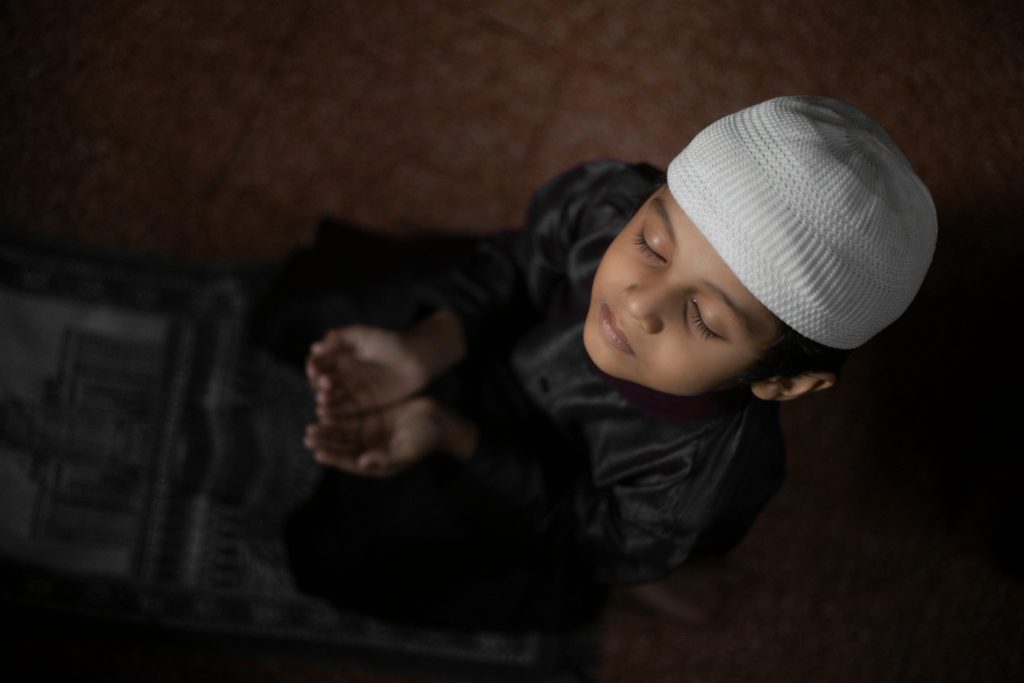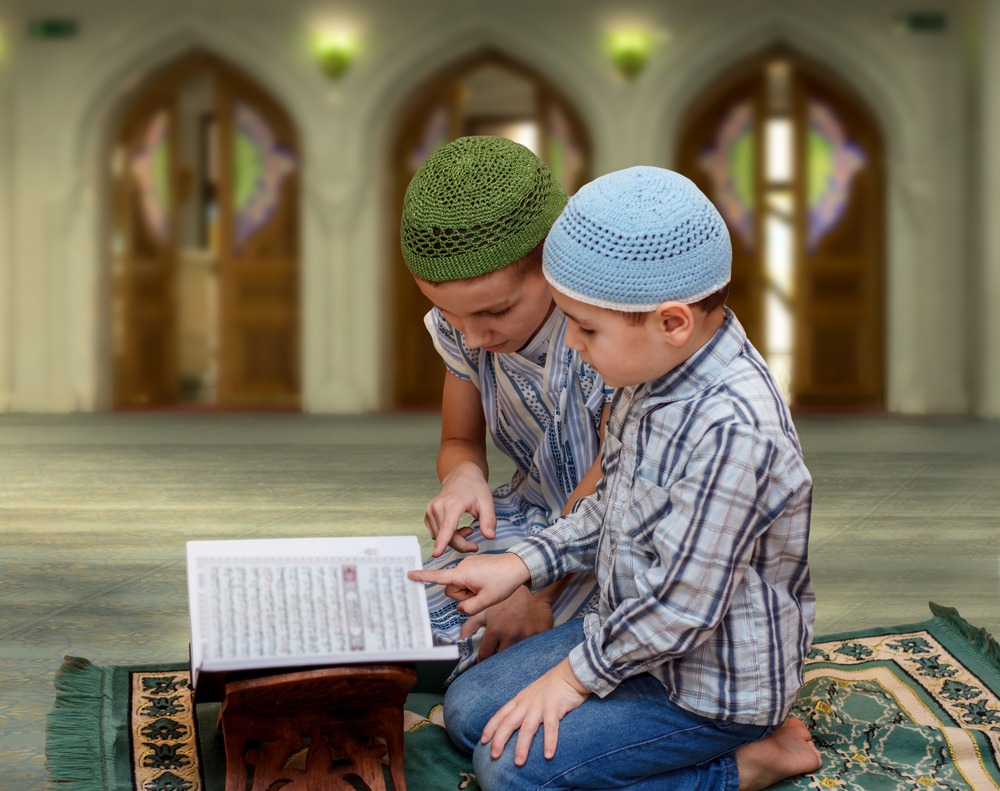Table of Contents
ToggleWhy Morning Adhkar Matters for Every Muslim
Morning Adhkar is more than a routine—it’s a shield for the heart, mind, and soul. Reciting these blessed words each morning connects you to Allah’s mercy, brings inner calm, and sets your day on a path of faith and protection.
I remember the first time I truly understood the power of Zikar. It was one of those quiet mornings. The sky still grey, air cool, birds starting their first songs. I had just finished Fajr, and my teacher reminded me, “Don’t rush off… this is the time to speak to Allah with the words He loves.” That day, I began the habit of Morning Adhkar — and it’s been my companion ever since.
Morning Adhkar (أذكار الصباح) aren’t just words you repeat. They are like drops of light that fall on your heart, coating it in remembrance. They protect you from what you can’t see, strengthen your faith, and keep your day anchored in Allah’s mercy.
What is Morning Adhkar Or Zikar?
Morning Adhkar are specific supplications and verses from the Qur’an and Sunnah that Muslims recite after Fajr, or between dawn and sunrise. They include praises of Allah, seeking protection from evil, and asking for guidance. The Prophet ﷺ taught these as a spiritual shield for every believer.
Example:
اللّهـمَّ بكَ أصْبَحْنَا، وبِكَ أمسَينَا، وبِكَ نحْيَا، وبِكَ نمُوتُ، وإلَيْكَ النُّشُورُ
Allahumma bika asbahna, wa bika amsayna, wa bika nahya, wa bika namootu, wa ilaykan-nushoor
(“O Allah, by You we enter the morning, and by You we enter the evening, by You we live, and by You we die, and to You is the resurrection.”)

Why Morning Adhkar is Essential
Life is full of unseen dangers — not just physical harm, but whispers of the shaytan, doubts, anxiety, and distractions. Morning Adhkar work like spiritual armour. They remind you that your day is not random — it’s held in Allah’s control.
I’ve noticed something — the days I skip them, I feel scattered, more reactive to problems, and strangely heavy. But the days I keep them, even the challenges feel lighter.
Benefits of Morning Adhkar
Here are some powerful benefits, rooted in Qur’an, hadith, and personal experience:
1. Protection from Harm
The Prophet ﷺ promised that whoever recites certain adhkar in the morning will be protected until evening. That’s a divine guarantee — no insurance policy can match it.
2. Mental Peace
Morning adhkar calm the mind. You start your day knowing Allah is with you. It’s like carrying a light in a dark tunnel.
3. Spiritual Discipline
When you commit to morning remembrance, you train your soul to prioritize Allah over the world’s rush.
4. Forgiveness and Mercy
Some adhkar wipe away sins, even if they’re as many as the foam on the sea.
Key Morning Adhkar to Include
To build topical authority on this subject, here are the essential adhkar every Muslim should know:
-
Ayat-ul-Kursi (Surah Al-Baqarah 2:255) – Protection from harm.
-
Surah Al-Ikhlas, Al-Falaq, An-Nas – Recite each three times for spiritual shielding.
-
“La ilaha illa Allah, wahdahu la sharika lahu…” – Reward of freeing slaves and protection from shaytan.
-
Seeking forgiveness – Astaghfirullaha wa atubu ilayh.
-
Supplication for health, guidance, and provision.
How to Make Morning Adhkar a Habit
-
Keep a small adhkar booklet or app open after Fajr.
-
Recite in a place where you feel calm — balcony, prayer corner, or while walking.
-
Start with 5–10 minutes and gradually add more.
-
Remind yourself: this is your shield — don’t leave the house without it.
A Personal Reflection
One morning, I was late for work and thought, “I’ll skip adhkar just for today.” But my heart felt uneasy. I sat down, recited them quickly but sincerely, and left. That very day, a small accident happened right in front of me — and by Allah’s mercy, I was safe. It was a reminder: adhkar aren’t optional — they’re a lifeline.
Morning Adhkar and Barakah in Your Day
I’ve seen it in my own life — when I start my day with adhkar, things flow smoother. Work feels easier, conversations gentler, even unexpected good comes my way. Barakah isn’t about more time or more money — it’s about Allah putting goodness in what you already have.
Morning Adhkar for Kids
Teach your children simple phrases from morning adhkar. Even if they only say Bismillah and Alhamdulillah in the morning, it plants seeds of remembrance early on.
Morning Adhkar and Health
Stress, anxiety, and overthinking — these are modern epidemics. Reciting adhkar releases mental pressure, slows down your racing thoughts, and brings a sense of surrender to Allah’s will.
Final Advice
Don’t make adhkar a checklist. Make it a meeting with Allah every morning. Whisper the words, feel them, imagine the meanings. And watch how your days transform.

FAQs
1. What to say in morning adhkar?
In the morning, a Muslim remembers Allah through the Adhkar prescribed in the Sunnah. These include phrases like:
-
“SubhanAllahi wa bihamdihi” (Glory be to Allah and praise be to Him) – 100 times.
-
Ayat al-Kursi (Surah Al-Baqarah 2:255).
-
Surah Al-Ikhlas, Al-Falaq, and An-Naas – recited three times each.
-
“La ilaha illallahu wahdahu la sharika lah…” (There is no deity but Allah, alone, without partner…) – recited 100 times.
These phrases not only protect you from harm but fill your morning with blessings and peace.
2. How many morning adhkar are there?
There is no fixed “number” in the sense of a list, but the Prophet ﷺ taught various adhkar to say in the morning, each with its own repetition count. For example:
-
SubhanAllahi wa bihamdihi – 100 times.
-
Morning du’as for protection – recited once.
-
Surahs for protection – three times each.
The important part is sincerity, not just numbers. Even if you say fewer, say them with presence of heart.
3. Can morning adhkar be read before Fajr?
Morning adhkar are best recited after Fajr Salah until sunrise, as taught by the Prophet ﷺ. However, if you wake before Fajr and wish to remember Allah, you can still make dhikr — but the specific morning adhkar (like those in Hisnul Muslim) are ideally read after Fajr.
4. What is the morning adhkar after Salah?
After Fajr Salah, you can recite:
-
“Astaghfirullah” – three times.
-
“Allahumma antas-salaam wa minkas-salaam…” – once.
-
Ayat al-Kursi – once.
-
Tasbih (SubhanAllah – 33), Tahmid (Alhamdulillah – 33), Takbir (Allahu Akbar – 34).
-
Morning supplications from Hisnul Muslim.
This completes both your Salah dhikr and your Sunnah morning adhkar.
5. Morning Adhkar PDF – What’s the benefit of having it?
A Morning Adhkar PDF allows you to keep the supplications in your phone or print them for easy use, so you don’t forget any. You can keep it in your prayer space, office desk, or even in the car for when you’re commuting. Many Muslims prefer a PDF with Arabic text, transliteration, and English meaning so they can recite and understand at the same time.
6. Morning and Evening Adhkar PDF – Are both important?
Yes. Morning adhkar protect you for the day, and evening adhkar protect you through the night. They are like spiritual shields, guarding your heart, mind, and body against harm and whisperings.
7. Morning Adhkar Transliteration – Who benefits from it?
Anyone who doesn’t read Arabic fluently can benefit from transliteration. It allows you to recite in the correct pronunciation without needing to read Arabic script immediately. Over time, you can pair it with learning the Arabic itself.
8. Morning Adhkar in English – Is it allowed?
The remembrance of Allah can be done in any language, but the exact words of prophetic adhkar are best kept in Arabic to preserve their beauty and reward. However, reading the meaning in English helps you connect emotionally and spiritually.
9. Morning Adhkar after Fajr – How long should it take?
If you recite the complete set as in Hisnul Muslim, it may take 10–15 minutes. But even if you have only 2–3 minutes, say a few key adhkar with full sincerity — quality over quantity is what Allah values.
10. Morning Adhkar from Hisnul Muslim – Why use this book?
Hisnul Muslim is a trusted collection of authentic du’as from the Qur’an and Sunnah. The morning adhkar section is precise, reliable, and easy to follow, making it perfect for daily use.
If you want to perfect your pronunciation of the morning adhkar, understand their meaning, and learn them from qualified teachers — join Taqweem Online Quran Academy. They offer live classes where you can learn dhikr, Qur’an recitation, and tajweed from the comfort of your home. It’s a small step that will transform your mornings into a source of peace and barakah.






